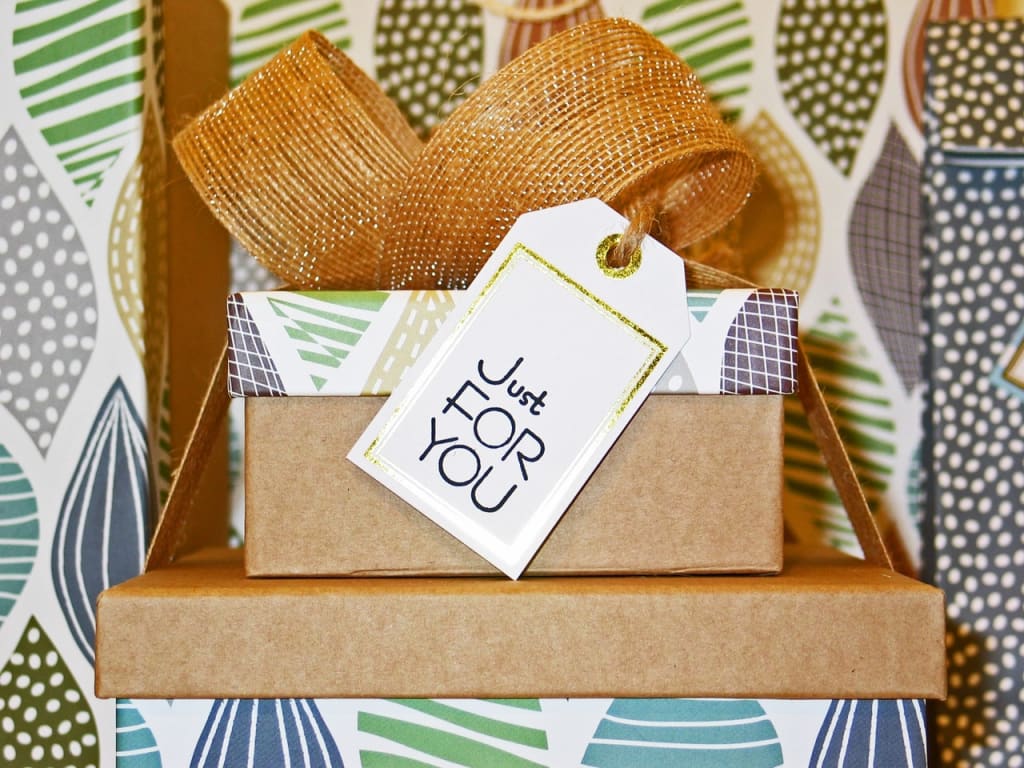3 Compelling Reasons Why You Should Use Less Plastic (And 7 Simple Ways You Can Do So)
An in-depth look into the plastic problem.

De Beers indoctrinated a generation to believe that “diamonds are forever…" but over time, we’ve learned that it’s plastic that lasts forever. And as it turns out, this has serious implications for our future as a species.
Low-cost plastic goods are as pervasive as the air we breathe. Whatever the situation, there’s a plastic solution to our pressing problems:
- Single-use drinks containers
- Plastic utensils
- Food packaging
- Straws
And the list goes on.
But the ramifications of tossing that plastic water bottle in the trash go far beyond the fee you pay the waste disposal company to take it away. Unlike more natural materials, plastic is not biodegradable. That means it can take hundreds, or even thousands of years to break down.
With enough plastic being thrown away every year to circle the Earth four times, the situation is quickly growing dire. Unless we dramatically change our behaviours and reduce the amount of plastic we’re using, our existence could be under serious threat.
But it’s not all doom and gloom. In fact, there are many things you can do, starting today, to reduce the amount of plastic being used & disposed of. In this article, we’ll run through three compelling reasons why you should use less plastic—and some easy ways you can start doing so.
Reason 1: To Reduce Your Exposure To Toxic Chemicals
Take a moment to think about what you do every day without giving it a second thought. Do you:
- Buy bottled water to go with your lunch?
- Get your morning (or afternoon) coffee in a disposable “to-go” cup?
- Use cling film or plastic sandwich bags to transport food?
If so, you could be putting your health at risk.
You’ve undoubtedly heard the term “food-grade” when it comes to plastics. If a particular item is food-grade, that means it has passed specific regulatory checks and is safe to use for its intended purposes (e.g. transporting food).
The reason why a food-grade designation is necessary in the first place is that certain plastics leak chemicals when exposed to higher than normal temperatures—chemicals that could be highly toxic to your body over time.
And even if you ensure the plastics you’re using are BPA-free (the general benchmark people look for when choosing utensils or containers), that doesn’t mean they’re totally safe. A 2015 study in the Fertility and Sterility journal found that the commonly-touted replacement materials for BPA—BPS and BPF—can have significant negative impacts on your body’s natural hormone levels.
And no matter how safe something is, you shouldn’t be ingesting it unless it’s recognisable as food. The long-term ramifications of eating up to 5 grams of plastic each week can’t be good, no matter your perspective.
Simply put, even “food-grade” plastics aren’t necessarily safe for your body. And thinking that they are could cause you big problems in the future.
Reason 2: To Conserve Energy
The amount of energy expended on creating plastic every year is absolutely staggering. Here’s a simple, but shocking statistic:
Purifying and bottling one gallon of water in a plastic container uses up 1.39 gallons of water in the process.
As we all know, plastic containers are rarely made and used for the long-term. The vast majority of bottled water is stored in containers that are designed to be used once and then disposed of, thereby ensuring the perpetual cycle of waste continues.
According to figures from The Guardian, 1 million plastic bottles are bought around the world every minute—and with a huge percentage of this plastic being disposed of almost immediately, the level of wasted energy is incredible.
90 percent of all energy used in producing plastic comes from fossil fuels. And with fossil fuels being cited as one of the leading causes of climate change, it’s clear our dependency on plastics needs to change… now, not later.
As the world transitions towards a greener future (one powered by clean energy such as that produced by wind, solar and tidal technologies), our reliance on fossil fuels will decrease. But if we remain dependent on substances that only fossil fuels can seem to give us, we will remain trapped in our current downwards spiral.
While the process of change will be long, the decision to change takes only an instant. All you need is to commit to using less plastic, and let your actions shape the course of a better future for everyone.
Reason 3: To Save The Oceans (And The Creatures That Call It Home)
Our excessive use and production of plastic has serious negative impacts on our oceans. Here are some quick stats:
- 80 percent of the waste found in the water comes from the land
- ~90 percent of all waste on the ocean’s surface is plastic, with an average of 46,000 pieces of plastic being present in every square mile of water
- 46 percent of all plastics dumped in the ocean can float, and can sometimes drift for years before coming to a final resting point
- According to the Ellen MacArthur Foundation, the ocean will contain more plastic by weight than fish in 2050
With a growing public awareness of the dangers of microplastics, it’s clear we need to take action - and fast. While the toxic effects of microplastic contamination are not yet determined, we know that many inert (read: not dangerous) substances become toxic once they reach certain critical thresholds in your body. That’s why vitamins that are necessary for survival - like Vitamin C - can kill you when you ingest too much of them.
There is a growing consensus among researchers that we are quickly approaching this critical microplastic threshold in the general environment. And not just for ourselves: for the animals that call the ocean home too.
These creatures have nowhere else to go, so they rely on humans to protect their habitat. Plastic that ends up in the ocean leaks toxic chemicals that marine life can’t help but ingest. Seagulls, turtles, seals: all of these animals and more are affected by plastic pollution. Thousands die each year from ingesting plastic or getting tangled up in it.
Ways You Can Use Less Plastic
Having read all the above, it’s quite likely that you have a negative outlook on the situation. And on one hand, this is justified—things are serious, and we need to act fast to fix them.
But on the other, you shouldn’t feel powerless to help. Each person has the potential to shape the world in a positive or negative manner, based on the choices they make. While one small decision (e.g. to purchase a reusable bottle) won’t change the world, it could change your world. And when your world changes, you’ll find that the worlds of the people around you change too—until there’s enough of you all pulling in the same direction to make a real difference.
It all comes back to simple decisions. Here are some different ideas you can consider:
- Shop locally and request plastic-free packaging (like mushroom packaging). Wherever possible, buy from shops or markets that use paper wrapping (if any). If presented with options, be sure to ask for whatever plastic-free alternatives they might have.
- To avoid excess plastic consumption, try to buy better quality consumer electronics. These will last longer than cheaper items, and as an added bonus, will save you money in the long run too.
- Consider whether you need to own a particular appliance, or if it would be possible to instead share/rent what you need.
- Refuse “single use” utensils and excess packaging. Rather than choosing plastic straws, knives or forks, consider keeping utensils in your car or bag for dining out.
- Purchase a reusable cup or bottle and use it wherever you can. Many smoothie bars, cafes and restaurants will serve your drink in a reusable container If you ask, helping you to cut down on plastic cups, lids and straws.
- Where possible, opt for digital media instead of buying physical items such as CD’s, DVD’s or books. Apart from the material required to manufacture these items, there is undoubtedly a lot of plastic used to package and transport them too.
- If you are hosting a gathering, you could use paper plates, straws and cups instead of plastic. Paper materials are widely used and much more easily recycled, making them an excellent choice.
These seven ideas are simple, but powerful. Each has the potential to nudge the world towards a better future - starting with your actions, then spiralling outwards to the people around you, and society at large.
It all begins with a choice. And you have the power to choose what’s best for the planet (and you), starting today.





Comments
There are no comments for this story
Be the first to respond and start the conversation.